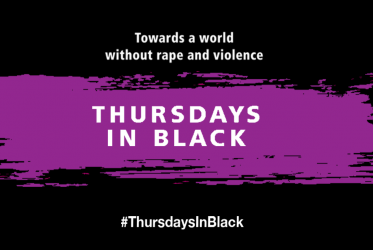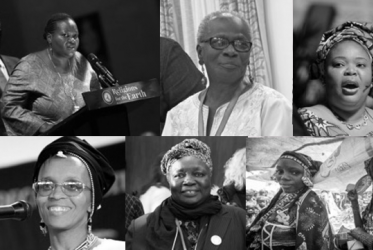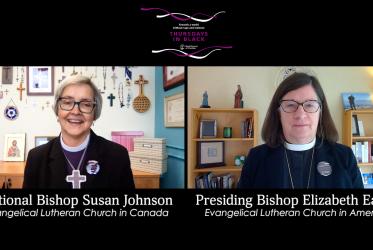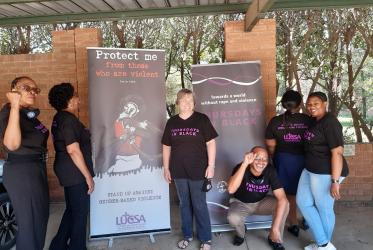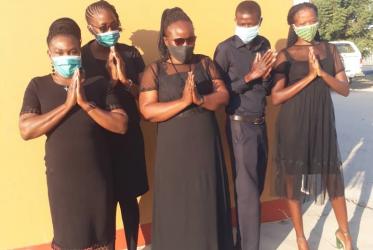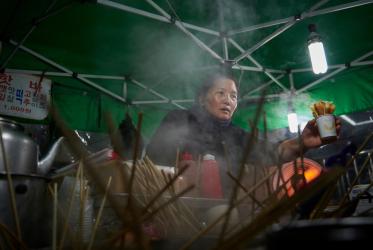Displaying 101 - 120 of 233
“Conflict Zones and Covid-19” webinar
26 November 2020
Thursdays in Black ambassadors map positive future
06 October 2020
Thursdays in Black is growing in Namibia
20 August 2020




